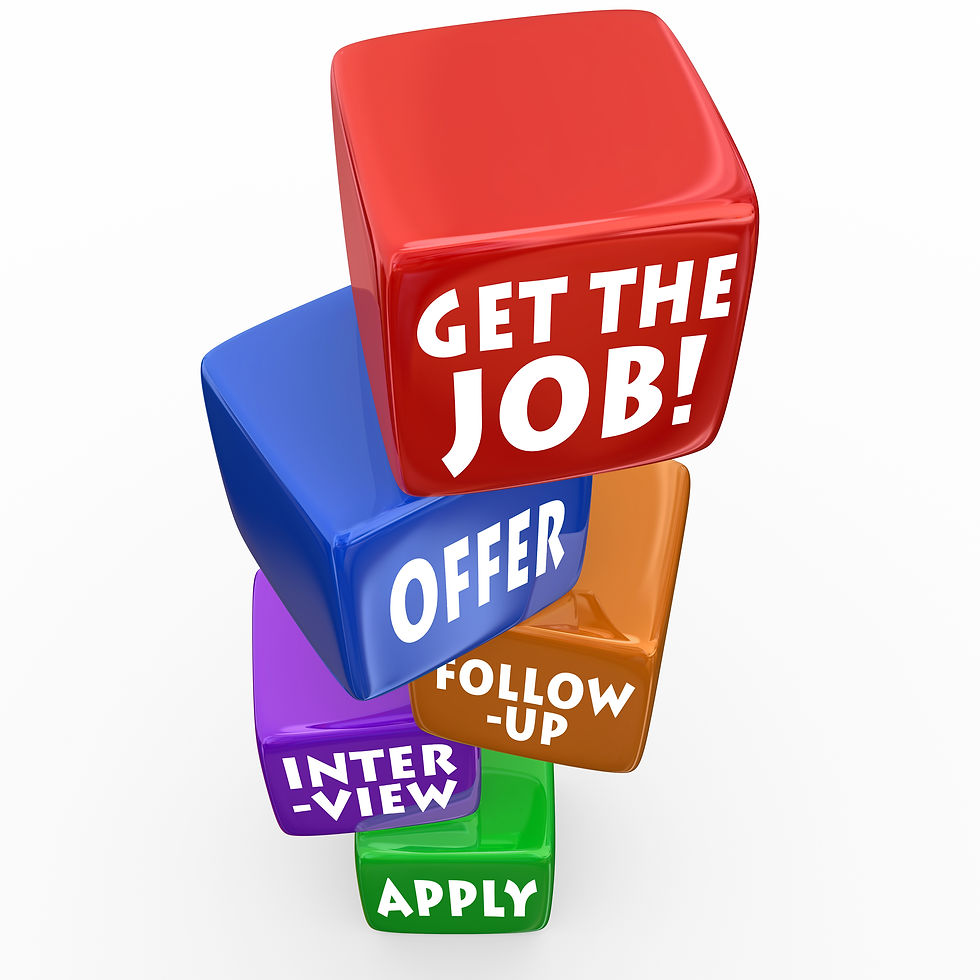Application & Resume Tips to Help Land Your Next Job Interview
- Kelli Munn
- Oct 25, 2016
- 3 min read

In honor of disability employment awareness month, I want to go over some things that may help you as a person with a disability land a job interview.
Notice, I didn’t say "get a job." These words of wisdom will help with everything leading up to a job interview; for example, writing a memorable resume and applying for the job, as well as possibly addressing disability disclosure when applying.
I want to disclose that I am not an expert at resume writing or filling out job applications; but I am a 22-year-old college student that has filled out enough job applications to employ dozens of people and updated my resume more times than I can count. So, that being said I think I can lend a helping hand.
To begin, we live in the age of technology. Most job applications are available for completion online. This makes the application accessible to people that may not be able to fill out an application by hand. Plus, it saves paper and cuts down on the possibility of your application being lost because all the employer has to do is pull up the online file that contains your resume and application and it’s ready to go. There is almost always an option to print the application as well.
Job applications tend to have a "questions, comments, or concerns section." This is where you may disclose your disability if you so choose. However, some disability employment experts advise not doing so on the application. This Monster.com article quotes disability strategist (and self-advocate) Jonathan Kaufamn as saying: "The first thing job seekers need to ask themselves is, 'Can I do the job?'. . . . If the answer is yes and the disability doesn't affect job performance, then don't mention it.”
That brings me to the resume, I always thought that writing a resume was a daunting task when I was in high school because I had never written one. But I soon found out it is actually pretty easy because you are basically writing all of the things you are good at and have accomplished in your life. I used to think, “but I haven’t accomplished anything noteworthy in my short time on this earth.” I quickly learned that I had plenty of experience to share. Trust me, you have as well! Employers want to know about everything that's relevant to the job. You should include your most recent work/volunteer history, education, job skills and accomplishments. Don't forget about your self-advocacy efforts and accomplishments. According to "How to Write a Resume That Stands Out (Backed by Science)", resumes for entry-level jobs should be about one page (check out the link for other resume advice).
I like to add a professional summary at the top that includes why I feel I would be a good fit for the specific position being applied for. According to Monster.com, “The goal of this section is to develop a hard-hitting introductory declaration packed with your most sought-after skills, abilities, accomplishments and attributes.” And, don’t forget to add your contact information. Include your full name, phone number, email address, and street address at the top of the page.
Always keep your resume updated. When you start a new job or volunteer position, add it to your resume right then so your resume will be ready to go when you need to send it quickly. Keep your most recent positions at the top of your experience history. Update your professional summary often, making it fit the position you want. A resume is your opportunity to make yourself look like a great choice for the employment opportunity. By all means, make yourself look as good as you can by the choice of words you use but always be honest.
Just like on the application, disclosing information about your disability on your resume should be considered. The Monster.com article on disclosure linked above also discusses how/when to or how not to address your disability on your resume. This fact sheet sums up ADA guidelines for disclosure.
Resumes and job applications may seem daunting. Just remember that your professional experience and your self-advocacy experience are valuable to employers. Now, go get that interview!




Comments